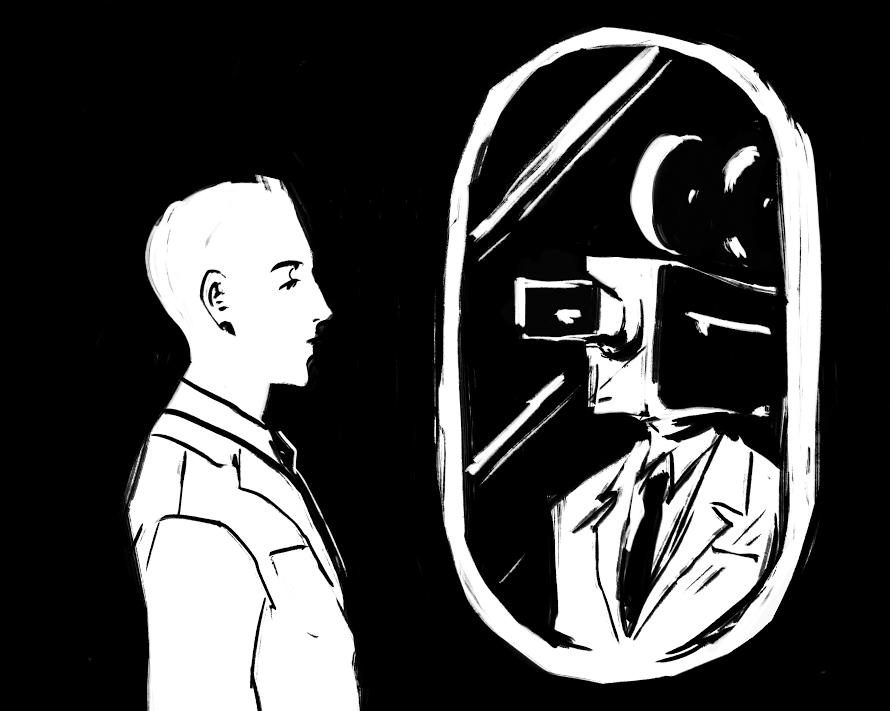Reality TV shows are at an all time high in American viewership. Powerhouse names like the Kardashians seem to always be on the tip of everyone’s tongue, always a scandal away from being “cancelled.” Soccer moms talk about the latest episode of Real Housewives, while their kids chat amongst themselves about who they think should win this season of Survivor. Hollywood has changed its face from one of glamor and prestige to regular people like you and me. Through reality TV shows, people are able to see actors that act like them and their families. However, with the huge spike in viewership, the question must be asked, is this type of TV causing more harm to its viewers than good?
Scientists have always been aware of the negative effects of TV. Watching too much can increase a person’s risk of Type 2 diabetes, due to the physical inactivity that comes with TV. As well as lowering your body’s health, television also reduces our critical thinking skills as a result of being spoon-fed information. While watching TV, you can be subjected to all kinds of commercials that have been made to target you, the consumer.
Through TV, you can be fed negative ideas about yourself, in addition to positive ideas about the companies that are selling catering to you. TV teaches us how to be hyper-critical of ourselves under the guise of entertaining us.
One example is the popular reality TV show Love Island. The premise of the originally British series (an American version came out earlier this summer) is attractive single people are flown to an island where they spend their summer basking in the tropical sun and trying to find true love. With a financial incentive: the only way contestants win the 50,000 pound prize is by coupling up and staying on the island for the full 6 weeks. Reports have come out saying that young people who watch the show are more likely to feel insecure about themselves. Looking at tweets about the show, a common trend emerges of young women engaging in self destructive behaviors in order to be more “desirable.” Some Twitter users have said that the show makes them “not want to eat ever again,” or get plastic surgery they didn’t want before. This is undeniably concerning.
When you have a show that is largely based on attractive people living glamorously and call it “reality,” it shows the audience a false image of what their life is supposed to look like. This creates an environment where viewers are bound to end up feeling inferior to the people they are watching.
The trick is to remember that you are watching TV, a business that is built to reflect and enforce society’s ideals. It’s always going to be exaggerated in a fantastical way. In the same way that we are told not to let others’ opinions of us weigh us down, we should not let a business, such as that of reality TV, make us feel less than the person sitting next to us, or the person on the screen.
With all the negatives that come with watching these types of reality shows, there are positive aspects. If you are having an especially bad day, reality shows like Love Island and Survivor are a perfect way to escape your world and live in someone else’s. In the case of Love Island, you can make a point of identifying that it is damaging and unhealthy and have an ethical escape.
When your favorite characters gets their heart broken, your heart breaks along with them. You share in all the high and lows that the characters are experiencing; to a certain extent they seem authentic and relatable as “reality stars.” This roller coaster of emotions is what makes reality shows so entertaining, as well as addicting, almost like the junk food of television. And like junk food, although you may regret consuming it, in the end, you’ll feel content with having satisfied your craving.


